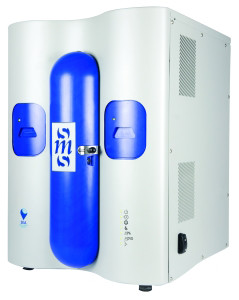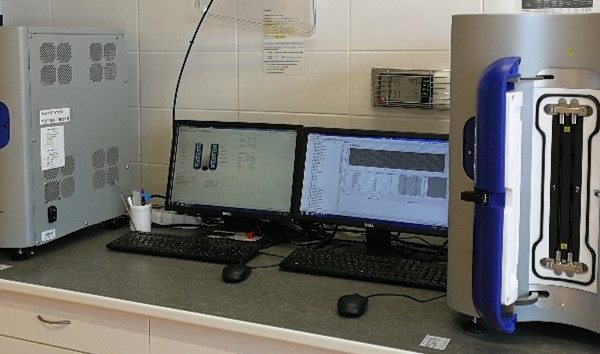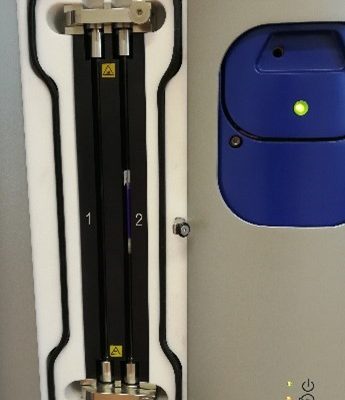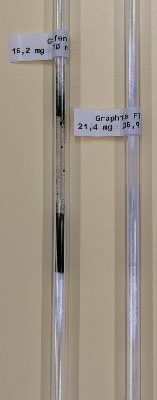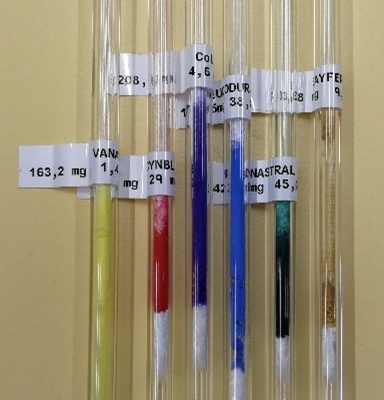Inverse Gas Chromatography – Surface Energy Analyzer (iGC – SEA)
The iGC-SEA is based on Inverse Gas Chromatography methodology and is a gas phase technique for characterising surface and bulk properties of solid materials. The principles of IGC are very simple, being the reverse of a conventional gas chromatographic (GC) experiment. A cylindrical column is uniformly packed with the solid material of interest, typically a powder, fibre or film. A pulse of constant concentration of gas is then injected down the column at a fixed carrier gas flow rate, and the time taken for the pulse or concentration front to elute down the column is measured by a detector. A series of iGC measurements with different gas phase probe molecules then allows access to a wide range of phyisco-chemical properties of the solid sample.
iGC-SEA is an analytical technique used to determine the surface and interfacial properties of solid materials. The technique involves injecting a non-polar gas, such as nitrogen or methane, into a column containing the sample, and measuring the retention time and adsorption isotherms of the gas on the sample surface. The results obtained from IGC-SEA can provide information about the surface energy, surface area, polarity, and acid-base properties of the solid material.
IGC-SEA has a wide range of applications in various fields, including polymer science, material science, pharmaceuticals, and cosmetics. In polymer science, IGC-SEA can be used to investigate the surface properties of polymers, such as the surface energy and wettability, which are crucial for understanding the adhesion and compatibility between different polymers. In material science, IGC-SEA can be used to evaluate the surface properties of nanoparticles, catalysts, and membranes, which are important for their performance in various applications.
In the pharmaceutical industry, IGC-SEA can be used to study the surface properties of drug particles and their interactions with excipients and polymers. The information obtained from IGC-SEA can be used to optimize the formulation of drugs and improve their bioavailability. In cosmetics, IGC-SEA can be used to evaluate the surface properties of cosmetic products, such as the spreadability, adhesion, and stability of emulsions and surfactants.
Overall, IGC-SEA is a powerful analytical technique that can provide valuable information about the surface properties of solid materials. Its applications are diverse and span across multiple fields, making it an important tool for researchers and scientists working in academia and industry.


